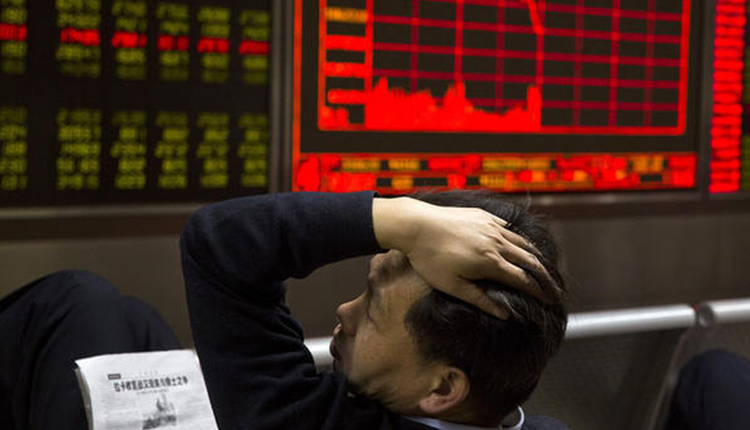Hong Kong markets declined by Wednesday afternoon as a recent escalation in violence amid ongoing protests weighed on investor sentiment.
Hong Kong’s Hang Seng index led losses in the region as it fell 1.76 percent with shares of life insurer AIA plunging 3.48 percent.
The moves came after political turmoil in the embattled city escalated this week. Leader Carrie Lam said Tuesday that protestors “paralyzing” the city were selfish. On Monday, protests that started nearly six months ago took another violent turn.
Hong Kong Senior Superintendent Kong Wing-cheung told reporters Tuesday that the city’s society “has been pushed to the brink of a total breakdown,” according to Reuters.
Still, one strategist told CNBC on Wednesday: “Let’s not discount the fact that some great companies, Chinese companies, are listed (in) Hong Kong.”
“If you look at the stocks listed in the Hong Kong exchange, there’re lots of mainland stocks,” Francis Tan, investment strategist at UOB Bank, told CNBC’s “Street Signs” Wednesday.
“Some of these are very plugged into the domestic consumption story,” Tan said. “I’m a fan of the domestic story in China.”
Elsewhere, major Asian stock markets mostly slipped in the afternoon afternoon as investors awaited clarity on the first phase of an agreement between the U.S. and China that would ease some tariffs.
Mainland Chinese stocks were mixed, with the Shanghai composite down 0.15 percent and the Shenzhen component up 0.21 percent. The Shenzhen composite gained 0.107 percent.
Japan’s Nikkei 225 declined 0.93 percent in afternoon trade as shares of index heavyweight Fast Retailing fell 1.91 percent. The Topix index also shed 0.57 percent.
Shares of Japanese automaker Nissan mostly recovered from an earlier plunge of around 4 percent but still traded about 0.7 percent lower. The moves came after the company posted a roughly 70 percent year-on-year plunge in operating income for the second quarter.
Shares in Korea also saw declines, as the Kospi slipped 1.01 percent. Australia’s S&P/ASX 200 shed 0.64 percent as the heavily-weighted financial subindex fell around 1 percent.
Overall, the MSCI Asia ex-Japan index traded 0.94 percent lower.
On the corporate news front, Chinese tech giant Tencent is expected to announce its quarterly earnings later on Wednesday.
Trade deal
U.S. President Donald Trump told the Economic Club of New York on Tuesday that Beijing wants to make a trade deal, but had scant details on how talks were progressing.
The president also renewed his trade attack, calling China “cheaters,” but he blamed the situation on past U.S. leaders.
“The much awaited Trump was heavy on rhetoric and light on detail, leaving markets none the wiser,” Rodrigo Catril, a senior foreign-exchange strategist at National Australia Bank, wrote in a note.
Both sides are looking to hammer out the first phase of an agreement that would ease some tariffs but details of a potential deal remain in flux. The U.S. is pushing for more open markets and the elimination of intellectual property theft.
China, for its part, wants Washington to drop some $250 billion in tariffs imposed since the trade war began.
Shares on Wall Street inched to record highs overnight, as the S&P 500 added 0.2 percent to close at 3,091.84 — touching a fresh intraday record. The Nasdaq Composite gained 0.3 percent to finish its trading day at 8,486.09, notching intraday and closing records. The Dow Jones Industrial Average, on the other hand, closed completely unchanged at 27,691.49.
Currencies and oil
The U.S. dollar index, which tracks the greenback against a basket of its peers, was last at 98.327 after touching highs around 98.4 yesterday.
The Japanese yen traded at 109.03 against the dollar after strengthening from levels above 109.2 yesterday.
The Australian dollar was at $0.684 after touching an earlier high of $0.6858.
The New Zealand dollar jumped around 1 percent to $0.6391 after the country’s central bank kept the official cash rate unchanged at 1.0 percent.
Oil prices slipped in the afternoon of Asian trading hours, with international benchmark Brent crude futures declining 0.29 percent to $61.88 per barrel. U.S. crude futures also shed 0.21 percent to $56.68 per barrel.
Source: CNBC
